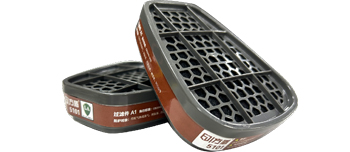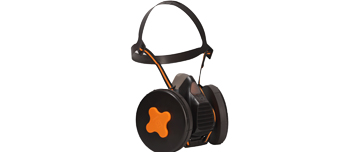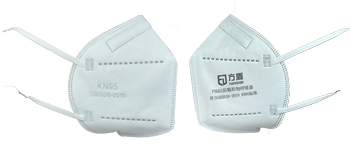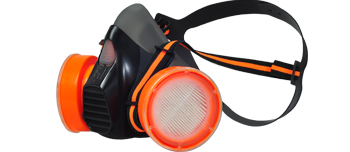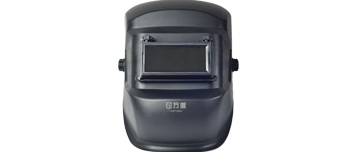In industries such as metalworking, woodworking, and construction, grinding operations can generate large amounts of dust, metal debris, and harmful particles. Long term inhalation may lead to pneumoconiosis, respiratory diseases, and even cancer. Therefore, choosing the appropriate mask is crucial for the health of polishing workers. This article will introduce how polishing workers should choose masks correctly to ensure effective protection.
1. Types of masks that polishing workers should choose
When choosing a mask, consideration should be given to the level of protection, comfort, and suitable environment. Here are several types of masks suitable for polishing workers:
(1) N95/KN95 mask
Applicable scenarios: Mild to moderate dust environments, such as woodworking polishing, gypsum polishing, etc.
Protection ability: It can filter ≥ 95% of non oily particles (such as dust, pollen, PM2.5).
Advantages: Lightweight, breathable, and reasonably priced.
Disadvantage: Not suitable for high concentration metal dust or chemical gas environments, prolonged wearing may cause stuffiness.
(2) Half face anti particle mask (replaceable filter cotton type)
Applicable scenarios: Medium to high concentration dust environments, such as metal polishing, stone cutting, etc.
Protection capability: Paired with high-efficiency filter cotton (such as P100 grade), it can filter 99.97% of particulate matter.
Advantages: replaceable filter element, economical and durable, good adhesion.
Disadvantage: Long term wearing may cause stuffiness and require regular replacement of filter cotton.
(3) Full face protective mask
Applicable scenarios: high concentration dust, toxic gases, or metal smoke environments (such as welding, sandblasting, and polishing).
Protective ability: Paired with an efficient filter box or a multifunctional filter box, it can protect against particulate matter and organic vapors.
Advantages: Comprehensive protection, good sealing, suitable for long-term operation.
Disadvantages: Large size, may affect visibility, and high price.
(4) Electric air supply respirator (PAPR)
Applicable scenarios: extremely high dust concentration or long-term operations (such as industrial grade polishing).
Protective ability: Efficient filtration, active air supply, and reduced respiratory resistance.
Advantages: High comfort, suitable for high temperature environments.
Disadvantages: Expensive price, requiring regular maintenance.
How to choose a mask correctly?
Low dust environment (such as woodworking manual polishing) → N95/KN95 mask
Medium to high dust environment (such as metal polishing and angle grinder operations) → Half face mask+high-efficiency filter cotton (P100 level)
Toxic gases or high concentration metal dust (such as welding, sandblasting) → Full face hood+multifunctional filter box
Long term work or high temperature environment → Electric air supply respirator (PAPR)
 English
English

